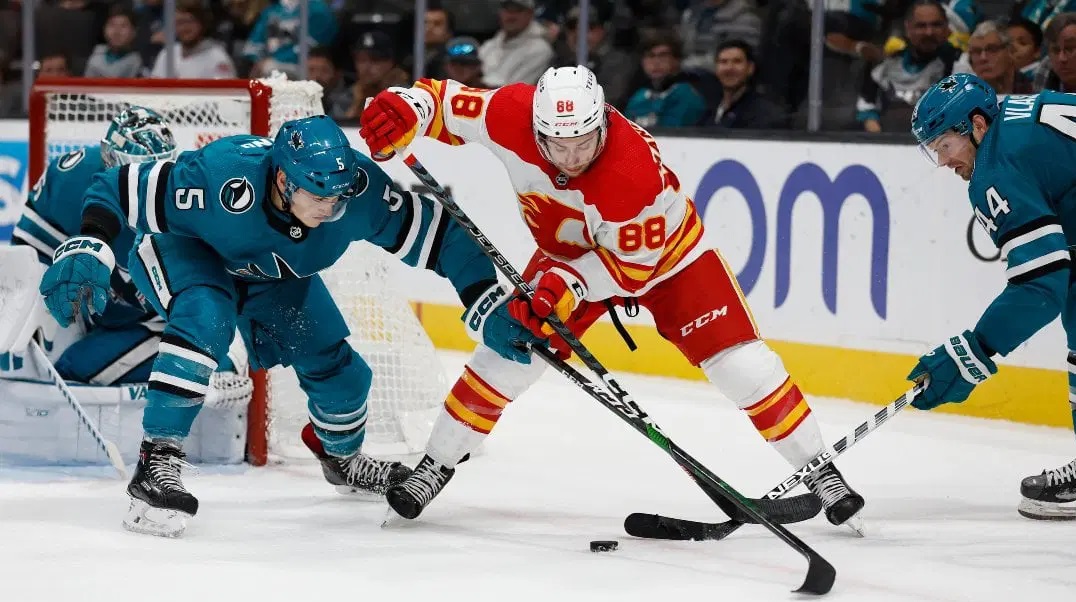NHL is one of the most popular sports on sportsbooks and betting sites. Most passionate hockey players dream of playing for the National Hockey League (NHL) someday. Unfortunately, not all hockey players can make it to the NHL. This is because the league has challenging demands for athletes joining.
However, you can make it to the NHL with good support and the correct information. Before we get into the details of what it takes to play on the NHL level, you might be interested in trying out the latest games and tournaments on Everygame Poker. Check out the latest action and bonuses for a fun-filled weekend.
Here are the key things you need to know about playing in the National Hockey League.
- Skills Requirements
To play in the NHL, you must be skilled in hockey and ice skating. The game involves players on two teams guiding a rubber puck into a net using a hockey stick at the end of a professional ice rink. Professional hockey players have mastered their shooting and passing skills through hours of practice. You need muscle memory, reflexes, and good teamwork to play in the NFL.
In addition, you need to be skilled at ice skating, which is necessary for maneuvering and changing direction in the ice rink to direct the puck to the net. If you are interested in ice hockey, you should take skating classes as soon as possible to give you enough time to become an expert.
The more skilled you are, the higher the chances of being noticed by scouts and playing professionally.
- Start Young
Most renowned NHL players started their careers early. If your child is interested in the sport, they must begin working on the skills. Beginners are required to learn how to skate forward and backward, move from side to side, make prompt turns, and also be able to stop abruptly.
Note that the speed and complexity of the game increase as the levels change. The players are also eventually required to learn how to handle the stick, shoot, and pass. Ice hockey is like any other sport; starting early gives players enough time to practice and develop the skills they need to play in the leagues.
- Size Does Not Matter
While most people may consider size an essential factor in playing hockey, it doesn’t matter. Being a physical sport, there is that perception, but it is not a consideration. More so, size is not correlated to a team’s success.
Smaller players have showcased better skills than the big bruisers. Bigger is not necessarily better; you only need the passion, discipline, and abilities to play the game. You have an equal opportunity to get recruited into teams with the bigger players.
- You will Not Get Away with Fighting in Hockey
Fighting has been the culture of the NFL, and fans live for it. This is not designed to encourage you to pick fights with opponents in a hockey match. It can attract a penalty which could be several minutes out of the game.
The common reason for fighting in NFL games is in defense of a teammate. Because it is a contact game, it would be unreasonable for players to react every time they are hit. Players sometimes believe the opponents are being dirty and take off their gloves and start throwing punches.
A player must understand the unwritten rules of etiquette of the games to avoid unnecessary fights. For instance, if you deliver a big punch to an opponent, expect the rest of the team to come after you. The team should also not be surprised if your teammates come to the rescue.
If you have witnessed a hockey fight, the players tend to stop throwing punches when someone is on the ice. It is an unwritten rule: stop throwing the punches when someone is down on the ice, as it is not a fair fight.
While there is a penalty for fighting in the NFL, it is not precisely forbidden if it is within reason. The punishment is not as severe as in other sports, often an extended suspension.
- Be Prepared for Media Attention
Like other popular spots, NHL players are usually in the media spotlight. There will be paparazzi, anonymous tips to publishing companies, and a lot of attention on social media. This is something every NHL player should be prepared for.
Whether it is the media coverage on your team or personal life, you should be able to cope with it. How you handle the spotlight will determine if your mental health will be affected or if you will get the motivation to thrive in the sport.
- Players Should Not Shoot the Puck After the Whistle Blows
This is an unwritten rule: NHL players don’t shoot at the goalie once the whistle blows. Often, this arises when a team is called at the blue line for offside. Once the whistle blows, the game is over, and firing is deemed disrespectful to the goalie and will cause problems.
It annoys the officials and can also provoke your opponents into a fight.
Conclusion
Hockey is popular, and many players dream of playing in the NHL. While the development program for players may seem too comprehensive for most youth players, it is achievable with the proper support and mindset.


